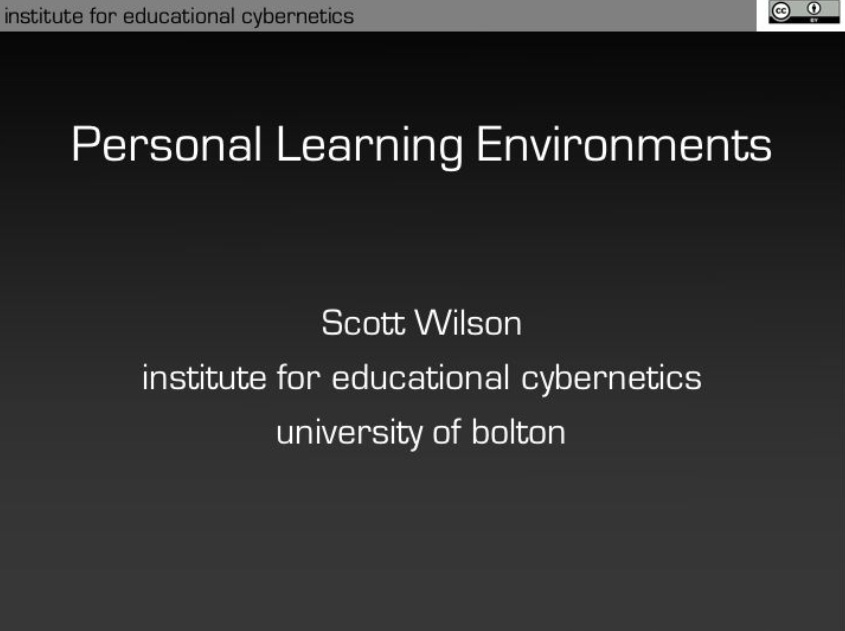PLEs – a social and political issue
Great Evolve seminar on Personal Learning Environments last night (you can see the recording here – if this link fails click here and go to Monday 22). What came through clearly was that PLEs are primariy a social and political issue. As I write this Scott Wilson who presented at the seminar has just twittered “scottbw PLE – Its quite tricky keeping the social and technical interventions both in focus at the same time.” But that is exactly what we have to do. A focus on the technical without taking up the social and politcial will fail. I would go even further to say it is the social and polictical fcus of what we wish to achieve in modelling a new vision of our education and learning systems which should be driving technicl development. I see so many technical presentations which leave me wondering – ‘so what’. And as Francis Bell rightly said last night we need to evaluate and understand the impact of previous generations of technology implementation on education and learning. But I also think many of us are hiding behind technology and failing to express our true wishes which are to reshape the way we learn in our societies.
Now may be the time to open such a debate. The PLE discussions have been instrumental in revealing many of the systemic tensions in education and traning provision. Now we need to start to articulate a new agenda and to consider how we can shape techncial development to support such a vision.


Great session yesterday. It was 10:00 a.m. in Arizona and of course I had three different people pick that time to come in to the office to chat, so I’m glad to see that it is recorded.
I think PLEs have a lot of potential, but like everything else it will be difficult to avoid the hype followed by the disillusionment when they don’t deliver right away. PLEs will need time to develop along with the way we view learning. I think there is also starting to be some political push-back in some organizations against the constant rush of new innovations, especially ones that may shift power and control in the organization.